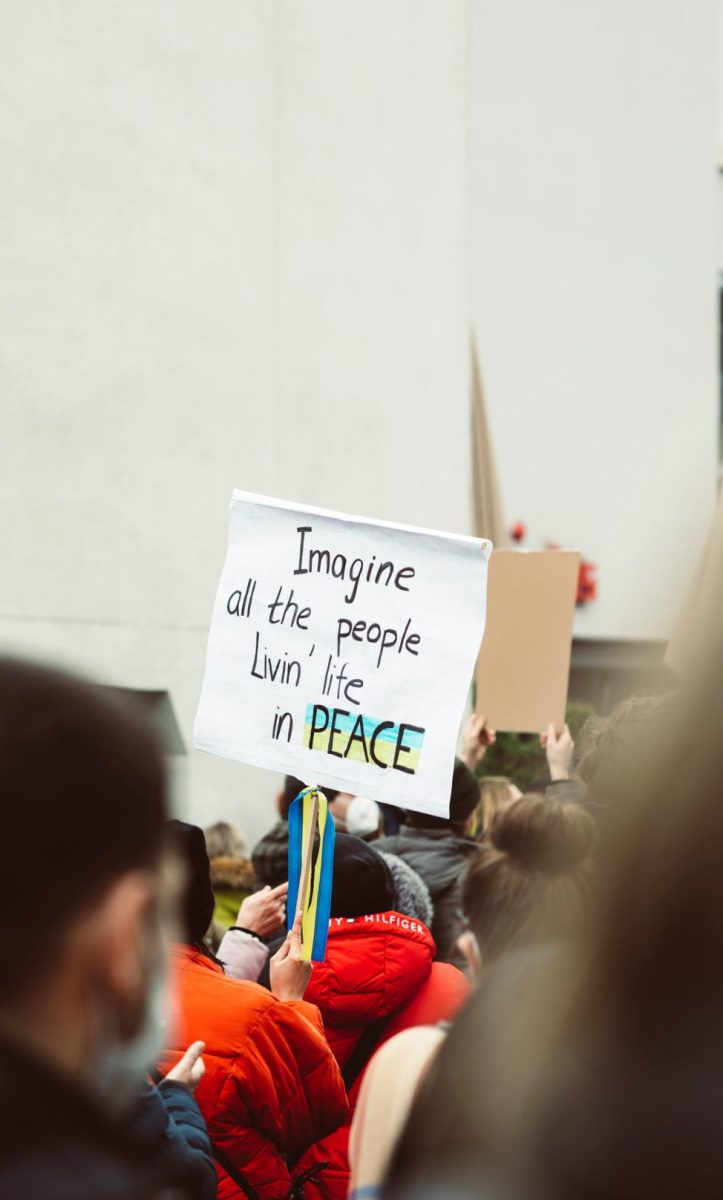It has been 150 days since Donald Trump has been sworn in as President of the United States, and in that time, he has censored teachers from talking to their students about diversity, equity, and inclusion; to the degree of threatening to cut funding if teachers speak for these smaller voices.
On February 27, when Trump had been in office for just over a month, he launched the website, “EndDEI.Ed.Org.” This website was an online portal created for parents to report teachers that educate children openly about topics under the DEI umbrella. In addition to this clear threat on diversity, Trump announced on March 20 that he would be cutting the Department of Education. His decisions regarding censorship of diversity and education are not only affecting students, but teachers and their ability to teach. “It continues to contribute to a chilling effect where I feel like any curriculum that dares to incorporate the viewpoints or stories of any people who are not white, cisgendered, heterosexual, able-bodied men will be challenged and possibly censored” Brandon Juhl said, “Many students of color, queer students, disabled students, will not see themselves reflected anywhere in the curriculum of their schools, leading them to feel less supported, less visible, and more isolated and anxious and stressed out. This is part of an effort to enforce right-wing, fascist ideology, and to punish anyone who doesn’t fall in line with the fascist and imperialist views of the Trump regime. It echoes when the Nazis in Germany encouraged children to turn in adults (even their own parents and other relatives) for failing to fully support the Nazis’ views and policies. I fear that the destruction of the Department of Education will just continue to embolden would-be, self-appointed censors who don’t ever want students to encounter stories, opinions or viewpoints, or even facts that those would-be, self-appointed censors do not like, and that they will continue to try to make life miserable for me and other teachers who dare to try to get students to read and consider viewpoints and life experiences that may be very different from their own, and to encourage students to think critically, and to think for themselves.”
The formerly known Department of Education was in place to manage a common experience in education across America. Between standardized testing and requirements on what was being taught, this office was trying to balance the scales between different socioeconomic areas and the education their public schools could provide. “There’s a rise in people finding mean jokes- cultural jokes, racist jokes- funny that are inappropriate and that’s becoming more normalized. [Cutting out the department of education] is ridiculous. The kids who are the most susceptible to harm are the ones that are going to take the blow here. There’s also no alternative plans. Privatizing everything, I don’t think, is the answer. Could it be cleaned up? Sure, and is there waste? Sure, but cutting these programs is taking away from the kids who are the most vulnerable, which is frustrating. I think it can be taken to an extreme if people are being chosen for roles or being put into schools because of only their race and not their merit, I do think there can be extremes to that. But as a teacher, not just of English but of empathy, the fact that seeing [DEI] as a bad thing or something that needs to be cut is just mind blowing to me. Diversity is one of the best ways we can grow as a species; it’s one of the best ways we can understand a perspective that’s not our own. Anyone who says to be ‘woke’ is to be wrong makes no sense to me. Justice and empathy and acceptance- all the world’s wise people have pretty much said the same thing- so to cut programs that oversee that makes no sense to me,” Eric Benson said.


